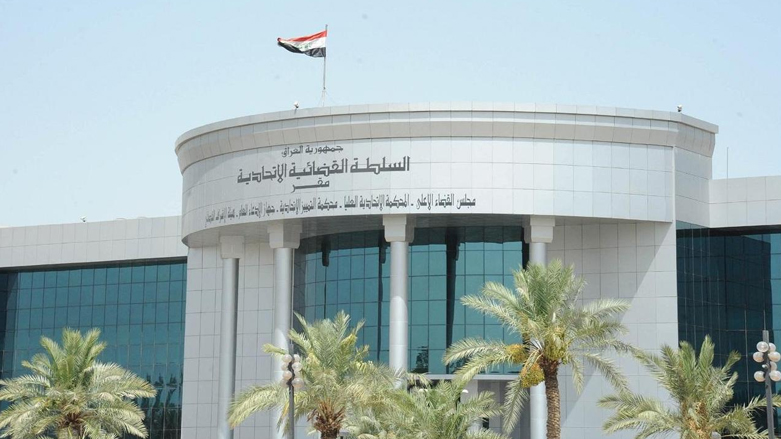Iraq’s Supreme Federal Court: Article 140 on disputed areas ‘remains in effect’
The Supreme Federal Court of Iraq on Tuesday ruled that Article 140 of the Constitution, which relates to the status of disputed territories in the country, should remain in effect until the implementation of its provisions.

ERBIL (Kurdistan 24) — The Supreme Federal Court of Iraq on Tuesday ruled that Article 140 of the Constitution, which relates to the status of disputed territories in the country, should remain in effect until the implementation of its provisions.
“The Supreme Federal Court held its session under the chairmanship of Judge Medhat al-Mahmoud, with the attendance of all the judges, and considered the request of the House of Representatives [Iraqi Parliament] to interpret Article 140 of the Constitution in terms of whether or not it is valid,” the court's spokesperson, Ayas al-Samuk, said in a statement on Tuesday.
This comes as some politicians and legal experts argue that the article has expired since it passed its implementation deadline of 2007.
The territories disputed by the Kurdistan Regional Government (KRG) and the federal government of Iraq include many cities, towns, districts, and villages stretching from the provinces of Kirkuk and Diyala in the east to Nineveh in the west, near the Syrian border.
Article 140 begins by urging the executive authority of Iraq to undertake the necessary steps to complete the implementation of the subparagraphs of Article 58 of the Transitional Administrative Law.
“The responsibility placed upon the executive branch of the Iraqi Transitional Government stipulated in Article 58 of the Transitional Administrative Law shall extend and pass on to the executive authority elected in accordance with this Constitution, provided that it is fully accomplished (normalization and census of the provinces, concluding with a referendum in Kirkuk and other disputed territories to determine the will of its citizens), by a date not to exceed the 31st of December 2007,” the article states.
The referendum and census were never held in those areas and the article remains largely unimplemented, which continues to be a point of tension between Erbil and Baghdad.
The Federal Supreme Court reiterated that the steps have not been completed and that it is the duty of all concerned parties and authorities to enact and implement the article as it is required by the constitution.
The Court affirmed that the date specified in the implementation of Article 140 of the Constitution has been set for “regulatory matters” and urged the concerned parties to implement them, adding that the date does not affect the essence and objective of the article, the spokesperson said.
”The Supreme Federal Court, therefore, has ruled that the Article 140 remains in effect at present and until the implementation of the requirements,” which would “achieve the goal of its legislative purpose in accordance with the steps outlined in Article (58) of the Iraqi State Administration for the transitional period.”
Political disputes and disagreements between Erbil and Baghdad have affected the implementation of Article 140 over the past 12 years.
Earlier in January of this year, the Iraqi government body that oversees the country’s long-term socio-economic plans and statistics announced that a long-overdue national census will begin by the end of 2020.
Editing by Nadia Riva